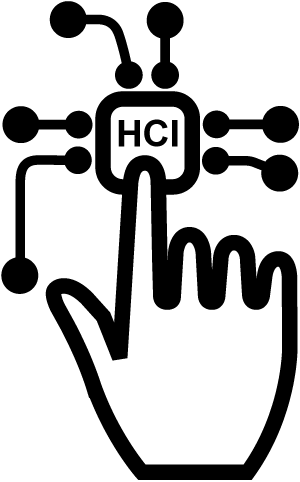Carnegie Mellon to Become a “Living Laboratory” for the Internet of Things
Carnegie Mellon University is one of the world’s best schools for science and technology. It’s robotics research projects are also world famous. It is a renowned institution with some of the world’s best researchers and scientists. It has figured in the news recently because a crisis apparently ensued after dozens of its robotics researchers were poached by Uber. Fortunately, a positive development is likely to compensate for the loss — Google’s plan to make a “living lab” for smart technology out of Carnegie Mellon.
Google’s Plan
Google is funding a new project that will help Carnegie Mellon University in Pittsburgh to explore smart technologies and the Internet of Things. Google plans on outfitting many parts of the university’s campus with sensors and accelerometers to allow them to connect to the Internet. This will make typically “dumb” things in the campus gain the “smart” tag and have the ability to communicate with the Internet and with each other.
Carnegie Mellon University, back in the 1980’s, became the world’s first university to have an integrated computer network. This year, it may earn another prestigious distinction as it becomes a pioneer in setting up a fully functional Internet of Things environment, making its Oakland campus a frontier for the Internet of Things.
According to Carnegie Mellon’s Human-Computer Interaction Institute director and lead investigator for the project, Anind K. Dey, the goal is to convert several spaces of the campus into smart spaces within a year. These spaces will be made accessible to students, faculty, staff, and visitors of the campus. Eventually, the setup will be pushed out into the city.
GIoTTO
The project that will make Carnegie Mellon’s campus a petri dish for the exploration of the Internet of Things technology is called GIoTTO. It is actually a multi-university endeavor aimed at creating a robust platform for enabling Internet-connected sensors, devices, and buildings to have communication with each other and with other web-enabled devices used by people who visit the campus.
Carnegie Mellon researchers will be leading the Google-funded project while working with other researchers from Cornell, Illinois, Stanford, and of course Google, to create GIoTTO. The first plans include the installation of inexpensive and easily deployable sensors along with the release of new middleware that can facilitate the creation of pertinent apps and ensure privacy and security.This new middleware is also expected to be able to allow users to develop their own Internet of Things experiences.
Project director Anind K. Dey says that the project will make it possible to radically improve human-to-human and human-to-computer interactions. The large scale deployment of Internet of Things devices within the campus provides a real-world platform for testing the viability of bringing the Internet of Things into bigger and more ambitious deployments.
On the part of Google, Maggie Johnson, university relations director for Google, said that the company wants to encourage universities to explore the numerous aspects of system design that could be useful in enabling the Internet of Things. Johnson adds that they decided to choose Carnegie Mellon University for the project because of their vision for a living laboratory.
Google will initially grant $500,000 to Carnegie Mellon to jumpstart the project.
![By Wilgengebroed on Flickr [CC-BY-2.0 (http://creativecommons.org/licenses/by/2.0)], via Wikimedia Commons](https://techtheday.com/wp-content/uploads/2014/09/Internet-of-Things.jpg)
By Wilgengebroed on Flickr [CC-BY-2.0 (http://creativecommons.org/licenses/by/2.0)], via Wikimedia Commons
Emphasis on Privacy and Security
In addition to exploring the ways to effectively and efficiently deploy the Internet of Things, Google’s GIoTTO project also emphasizes privacy and security. Answers are sought as to how the Internet of Things can be integrated in daily life without compromising privacy and security. Another team of researchers, led by Computer Science Professor Norman Sadeh, will be tasked with the development of a novel technology that enables greater privacy protection for Internet of Things users. Soon, personalized privacy assistants will be developed and demonstrated as they assist Internet of Things users in configuring the privacy settings involved in the use of IoT devices.
Living with the Internet of Things
Smart sensors and infrastructure will become prominent within the Carnegie Mellon campus but they, of course, will require actual users. That’s why the project is already recruiting students, faculty, and other campus members to use as well as to develop novel IoT apps. Eventually, the project will be expanded to cover the greater Pittsburgh City area. The City’s mayor, William Peduto, already expressed enthusiasm in the idea, even stressing that Pittsburgh has been a leader in embracing innovation in enhancing services and improving quality of life. Mayor Peduto says that they welcome the opportunity for the city to become part of the Internet of Things living laboratory.

